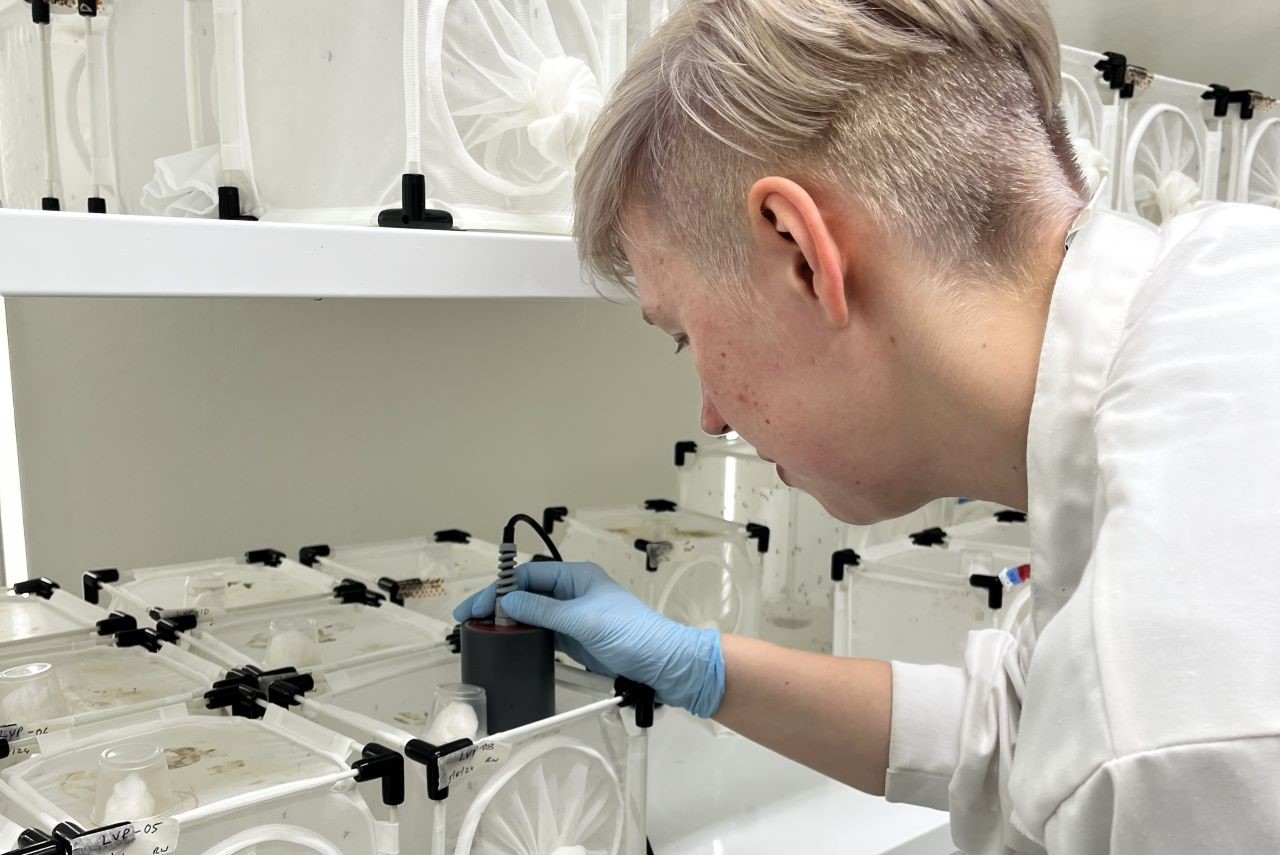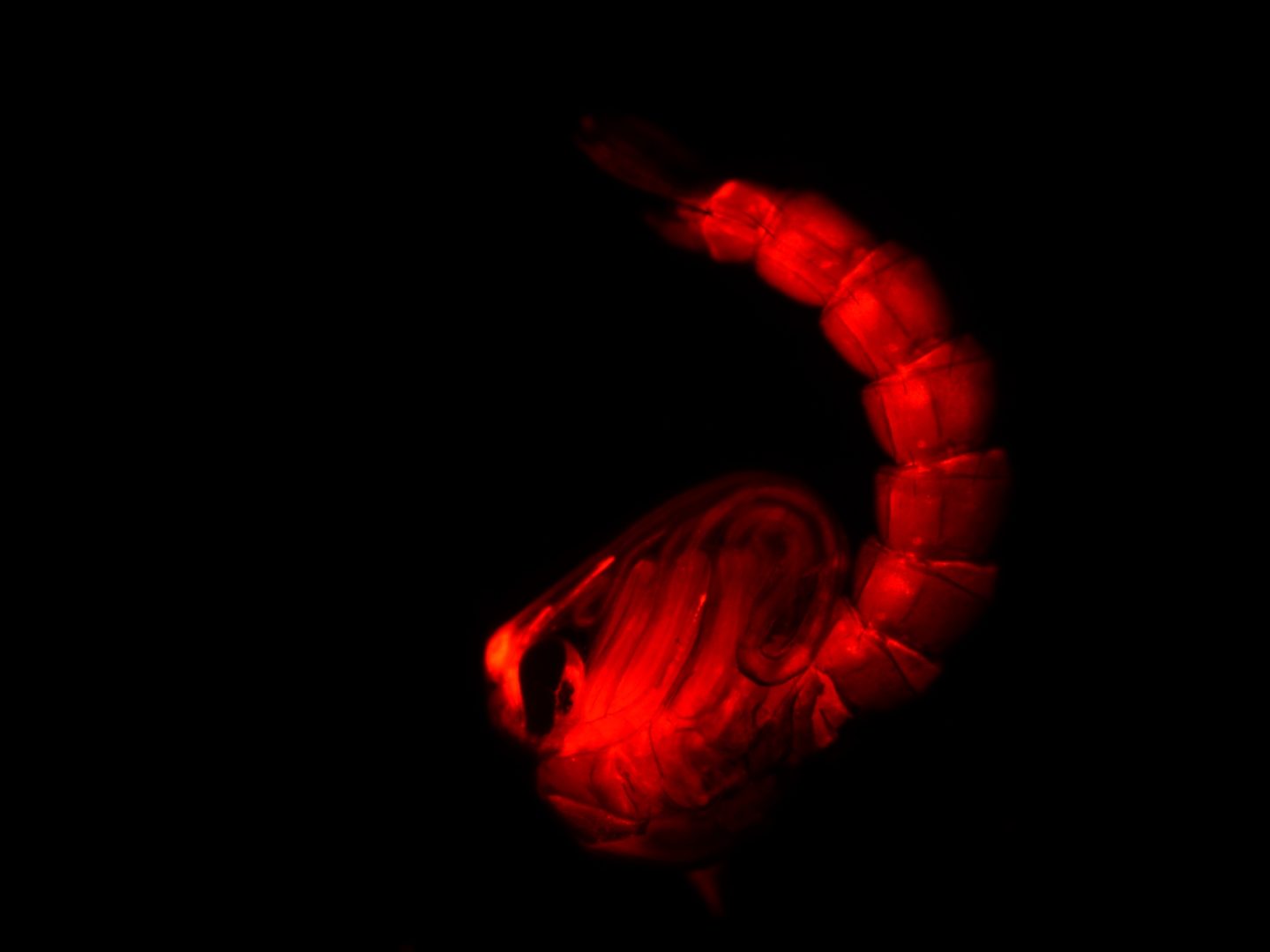In the past few decades, our world has seen incredible transformations. We have moved from clunky videocassette recorders (VCRs) to Netflix, from landline telephones to powerful all-in-one smartphones, and from massive, room-sized computers to a plethora of AI-powered gadgets. This whirlwind of progress makes me wonder: when will we see such transformative changes in how we deal with mosquitoes, these tiny yet deadly vectors of disease? The answer is that change is happening now, but more work is needed if we want to eliminate mosquito-borne diseases once and for all.

Researcher at the Alphey Lab at the University of York. Photograph: Alphey Lab
On this World Mosquito Day, it is a cruel irony that we are facing the worst year on record for dengue fever. As of July, over 10 million cases of dengue had been reported worldwide, with over 6,000 deaths recorded from the disease. The number of cases in 2024 has already surpassed that for 2023, which was also a record year. Dengue cases have skyrocketed tenfold in the last twenty years. The 2023 Lancet Countdown on health and climate change predicts that by the mid-21st century, the potential for dengue transmission will jump by at least 19% compared to 1995-2014 levels, and the effects of this increase will disproportionately hit low-and middle-income countries the hardest.
But there is hope. Researching and developing innovative solutions that can complement existing tools to fight the disease could help change this dire prediction. A variety of strategies – with some aiming to reduce the number of mosquitoes that can transmit the disease and others focused on modifying the mosquitoes to resist dengue infection – have shown promise worldwide. These successes serve as a blueprint for developing a new generation of cost-effective and long-lasting methods to fight dengue.

Aedes mosquito pupa through the lens of a microscope. Photograph: Ray Wilson
One exciting example are gene drive technologies, which enable to spread a desired trait rapidly through a mosquito population. While gene drives have so far shown high efficiency in mosquito species that transmit malaria, such as Anopheles gambiae and Anopheles stephensi, developing effective gene drive systems in Aedes aegypti mosquitoes – which are the main vector for dengue – has so far proven more challenging.
With my team we have been working to address this challenge and perfect homing gene drive systems in Aedes aegypti mosquitoes. The objective is to develop new tools that could help control populations of dengue-transmitting mosquitoes and reduce transmission of the disease. This effort is just one among many, as researchers worldwide are working to develop a number of gene drive methods aimed at curbing diseases spread by Aedes aegypti.
There was a time when people dreamed of a malaria-free world and invested heavily to make that dream a reality, significantly reducing malaria cases. On this World Mosquito Day, it is time to dream of a dengue-free world and start investing the necessary time and resources to turn that dream into reality.
